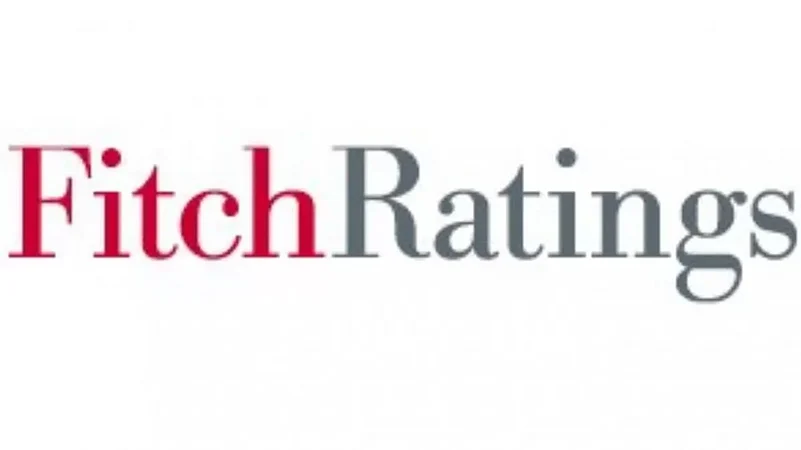Fitch, an American credit rating firm, has downgraded the United States' AAA credit rating. The credit rating agency lowered the nation's long-term foreign currency rating from AAA to AA+, citing a deterioration in fiscal health that resulted from the country coming dangerously close to defaulting on its debt in June.
In addition, the agency also downgraded the rating due to the mounting debt at the federal, state, and local levels, which has occurred over the past two decades. Despite the downgrade, the newly issued rating remains significantly above the investment grade.
The decision by the agency serves as a warning that the economy may face tangible consequences from political polarisation and frequent government shutdowns. A lower credit rating could lead to higher borrowing costs for the government, potentially resulting in increased taxes or reduced government services.
The reason behind Fitch's decision to downgrade the rating stems from their May 24 warning that if Congress failed to reach an agreement to extend the debt ceiling, the country's credit rating, which at that time was AAA, could be lowered to AA+.
Even though an agreement was eventually reached a week later, Fitch proceeded with the downgrading. The agency emphasized the widening political differences over tax and spending policies as the primary reasons for their choice. Fitch also noted that the US has less effective governance compared to other highly rated nations, pointing to recent instances of last-minute compromises and ongoing debt ceiling negotiations.
Meanwhile, Biden's administration officials strongly condemned and criticized the credit rating downgrade. The White House expressed strong disagreement with Fitch's decision.
While some have pointed out that the governance issues noted by Fitch Ratings occurred during Donald Trump's administration, Biden's predecessor, it is essential to acknowledge that Fitch Ratings maintained the AAA rating for the United States throughout those years.


















.png?w=200&auto=format%2Ccompress&fit=max)







